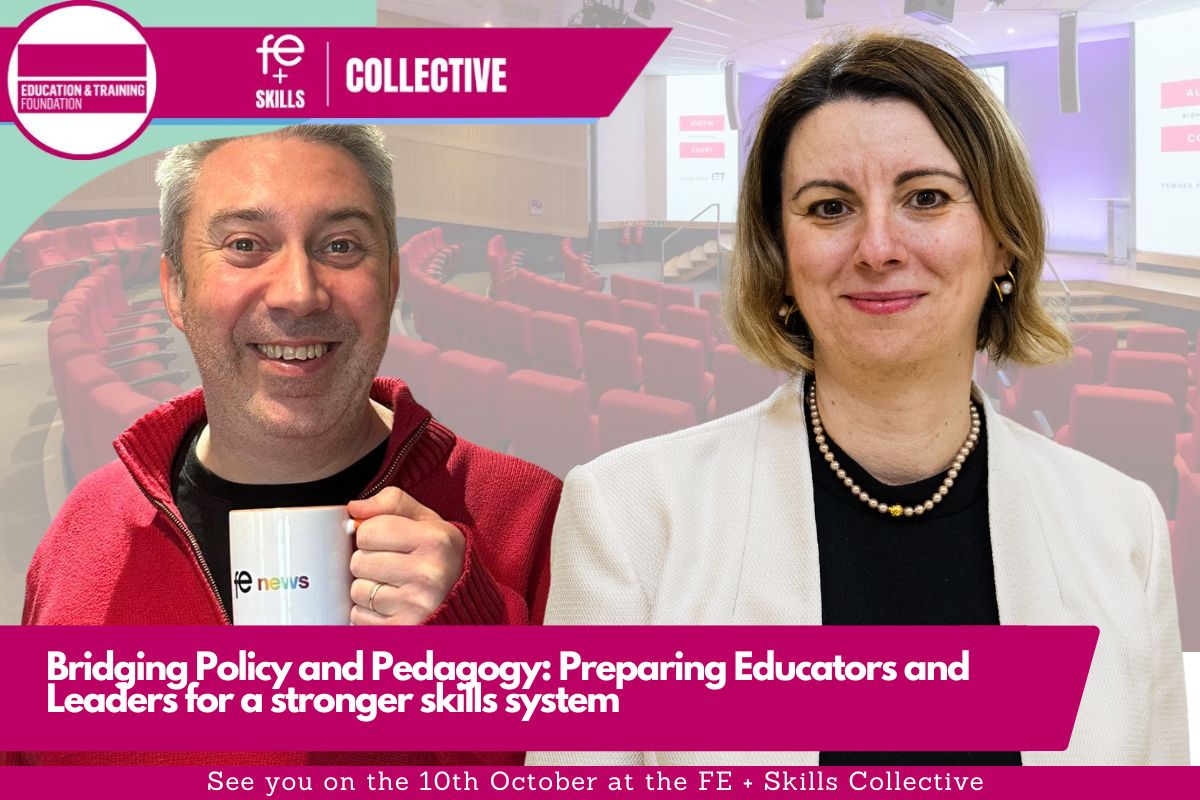Workers, Skills and the Net Zero Economy

The Great Transition
The transition to Net Zero is a huge opportunity to retool the UK’s industry for a clean future and create large numbers of good quality green jobs. But this will only happen if government steps up to take much more ambitious action on skills, infrastructure, job creation, R&D and union engagement.
More Green Jobs, More Green Skills
TUC research shows that fast-tracking investment in green infrastructure could create over a million decent green jobs over the next two years. Looking further ahead, recent University of Leeds research suggests that as many as three million jobs around the UK will require significant change and/or upskilling and a further three million are in occupations that will see increased demand for their work. Many of the jobs needed to get us to Net Zero are skilled positions, from power network engineers to forest managers to building retrofit co- ordinators.
A Badly Managed Transition
But the jobs of the future will not magically appear by themselves. The big risk we face is a badly managed industrial transition. The UK could lose secure, skilled, unionised jobs in some of the hardest-to-decarbonise sectors.
Our steel plants need significant R&D investment to eventually make zero-emissions steel using green hydrogen – and stay competitive internationally. Our ports and fabrication yards are missing out on contracts to supply large-scale new offshore windfarms, due to lack of supportive policy and investment in upgrades. Creating the green jobs of the future requires an active industrial and skills policy, and investment into both infrastructure, Research and Development, and skills provision.
Sectoral Skill Demands
The skills challenge of Net Zero is not the same in every industry.
Some industries, from rail transport to plant nurseries, will need a greatly expanded skilled workforce largely using existing qualification standards.
Other occupations, like car mechanics and boiler engineers, will likely need new modular training to adapt to changing technology.
In construction, building Net Zero Energy Buildings and retrofitting old housing stock will require significant up-skilling across the workforce, to incorporate energy literacy and a co- ordinated whole-building approach.
The Skills Challenge
We need to boost opportunities for young people by expanding apprenticeships and other high quality training programmes with good pay that can support progression to green jobs. These entry routes need to be open and accessible to all with targeted bursaries for currently underrepresented and marginalised groups.
Workers will need an entitlement to paid time off work to undertake retraining. This is particularly important for workers in high carbon industries that will be most impacted by the necessary technological shifts.
And a properly managed transition to Net Zero adds further weight for a properly resourced post-16 further education sector, including appropriately recognised and rewarded FE staff. With a long-term funding settlement alongside strategic funding, FE colleges and staff would have the capacity and capability needed to create strategic hubs for green skills at colleges across the country.
Trade Unions Lead the Way
Trade unions internationally have successfully led the way in retooling for Net Zero. Canadian unions negotiated to retool several automotive factories in Ontario to make electric cars, with backing from employers as well as federal and provincial government. US unions are working with the State of New York and with employers to guarantee the right on-the-job training and union representation to every job in building offshore wind farms off the New York state coast.
The UK can meet the challenge too, by bringing unions, employers, local governments, and the training sector to the table to plan for a Just Transition. This social partnership approach underpins the high-quality skills systems in many other countries.
Recommendation 1
The Government should establish Just Transition Commissions at the national and regional levels, with representation from employers, unions, and the skills sector to manage the transition to Net Zero.
Recommendation 2
The Government should resource the FE sector to update vocational qualification standards to align with Net Zero, using Strategic Development Funding to create regional Centres of Excellence for Net Zero at FE colleges.
Recommendation 3
The Government should align infrastructure investment with a pathway to Net Zero and require framework agreements with unions for major infrastructure projects, incorporating retraining entitlements for workers.
Paul Nowak, Deputy General Secretary, TUC
Racing to Net Zero – the role of post-16 education and skills |
|
|
The UK needs comprehensive jobs and skills plan to successfully support and drive the transition to Net Zero. This is the conclusion of Campaign for Learning on publishing a new collection of expert views – Racing to Net Zero – the role of post-16 education and skills, This pamphlet brings together experts on Net Zero and post-16 education, skills and employment policy. The sixteen contributors offer real insights about how post-16 education and skills policy can support the race to Net Zero here in the UK. Contributors to Racing to Net Zero: |
|
| Shaun Spiers, Green Alliance | Greening the Economy, Greening the Environment |
| Stephen Evans, Learning and Work Institute | A more ambitious Net Zero ‘Economic, Jobs and Skills’ Plan |
| Paul Nowak, TUC | Workers, Skills and the Net Zero Economy |
| Duncan Brown, Emsi | The Demand for Green Jobs and Green Skills |
| Ewart Keep, University of Oxford | Labour Market Intelligence for Green Jobs and Green Skills |
| Jane Hickie, AELP | Filling Green Jobs with Level 2+ Apprenticeships |
| Calum Carson, ERSA | Filling Green Jobs through Employment Support Schemes |
| David Hughes, Association of Colleges | FE Colleges, Upskilling, Reskilling and Net Zero |
| Susan Pember, HOLEX | Adult and Community Education and Net Zero |
| Nick Hillman, HEPI | Universities and Net Zero |
| Bill Watkin, Six Form Colleges Association | 16-18 Education and Net Zero |
| John Widdowson, Former FE Principal | 16-18 Level 3 T Levels and Net Zero |
| Rebecca Conway, Federation of Awarding Bodies | Net Zero and the ‘Level 3 and Below’ Curriculum |
| Charlotte Bonner, Education and Training Foundation | Education for Sustainable Development and the FE Workforce |
| Adrian Anderson, UVAC | Green Jobs, Apprenticeships and Higher Technical Education |
| Victoria Hands and Stephen Peake, The Open University | Education for Sustainable Development in Higher Education |










Responses